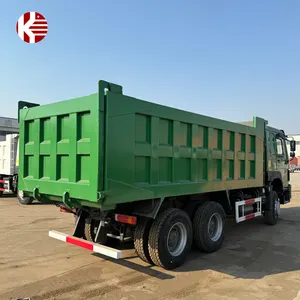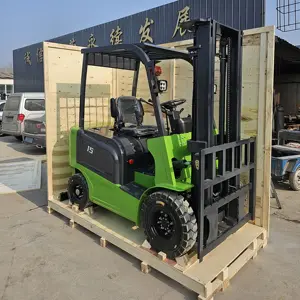

High Quality Sinotruk Howo 6x4 10 Tires Euro2 375Hp 420hp Tipper Trucks Load 40Tons Soil Sand Stone Coil Mining Dump Truck


China Forklift Supplier Sale 1ton 1.5ton 2ton 2.5ton 3ton Electric Battery Forklift Truck With Good Price






















The single cab pickup stands as a testament to practical design and versatility in the automotive world. Characterized by a two-door body style with a single row of seating, these vehicles are tailored for individuals and businesses prioritizing cargo space over passenger capacity.
A single cab pickup truck is designed with a focus on maximizing cargo space. The bed behind the cab provides ample room for various types of cargo, making it a preferred choice for light-duty transportation and utility work. The compact nature of these trucks often allows for easier maneuverability and efficiency, especially in urban settings where space is at a premium.
The application of single cab pickups spans across numerous industries. From construction sites requiring the transport of materials to service professionals like landscapers, these vehicles are integral to operations. Their robust build also makes them suitable for off-road use or in agricultural settings where durability is key.
Manufacturers of single cab trucks utilize a variety of materials to balance strength and weight. The construction typically involves a steel frame for rigidity, while aluminum may be used in the body to reduce weight. Interiors are designed with functionality in mind, often featuring durable upholstery and straightforward controls.
The primary advantage of a single cab pickup is its cargo capacity. Without the additional passenger seating, the entire chassis length is devoted to the bed, maximizing the space available for hauling. Additionally, the simplicity of these models often translates to lower maintenance costs and longevity.
When considering a used single cab pickup, it is essential to evaluate the vehicle's condition, including the engine, safety features, and overall driving performance. Prospective buyers should also consider the vehicle's history and any maintenance that has been performed to ensure reliability.